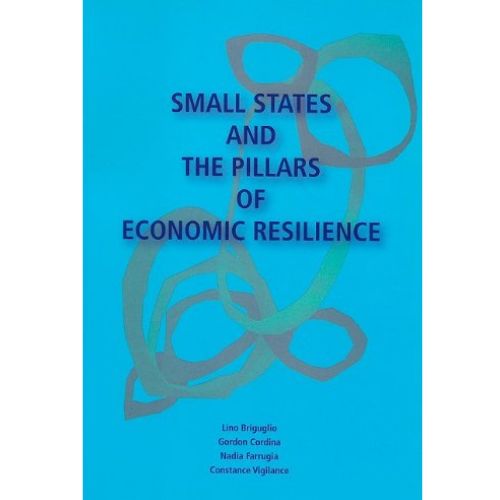Small States and the Pillars of Economic Resilience
$46.85
Lino Briguglio, Gordon Cordina, Nadia Farrugia, Constance Vigilance
SOS 101/201
Small developing states tend to be inherently prone to exogenous shocks over which they can exercise very little control. In the main, such proneness emanates from the small states; structural trade openness and their very high dependence on a narrow range of exports. There are a number of small developing states that, in spite of their inherent economic vulnerability, manage to generate a relatively high GDP per capita when compared with other developing countries.
This can be ascribed to economic resilience building associated with policy-induced measures that enable a country to recover from or adjust to the negative impacts of adverse exogenous shocks and to benefit from positive shocks. The main argument put forward in this book is that economic resilience can be built through appropriate policy interventions in four principal areas, namely macroeconomic stability, microeconomic market efficiency, good governance and social development. Published by the Islands and Small States Institute, Malta and the Commonwealth Secretariat.
In stock












